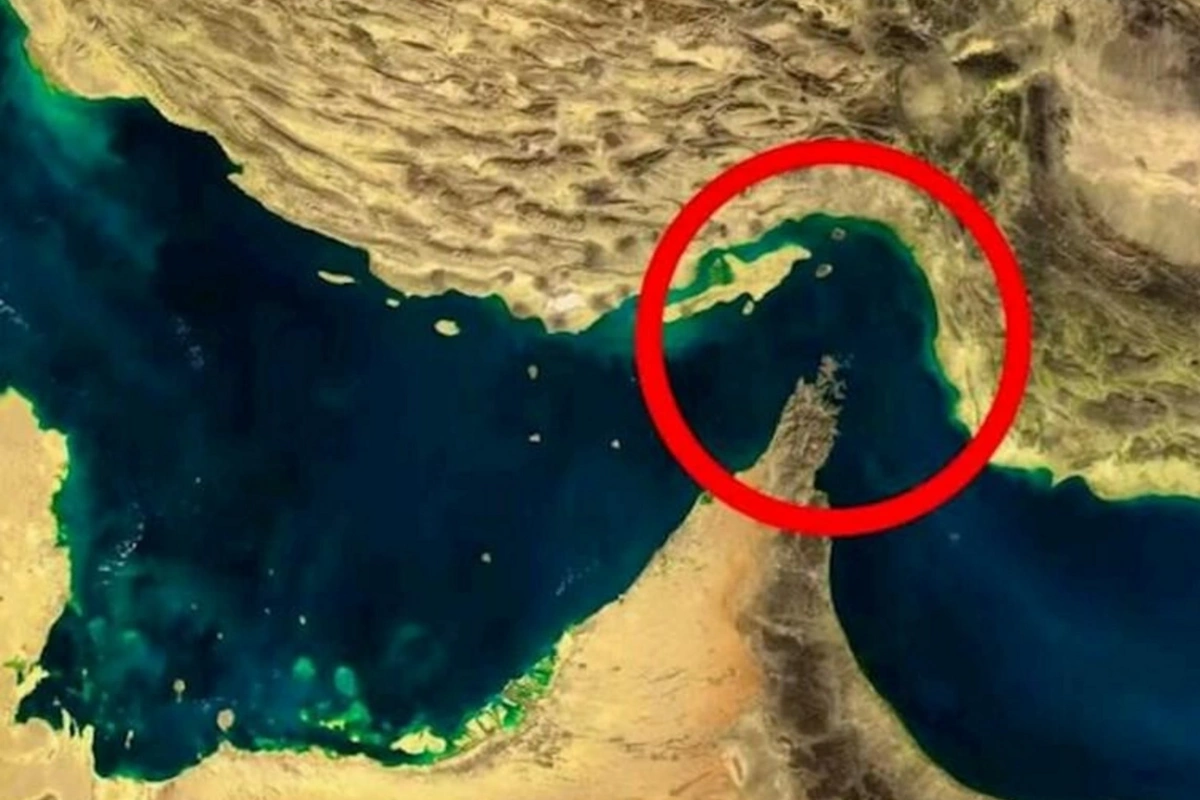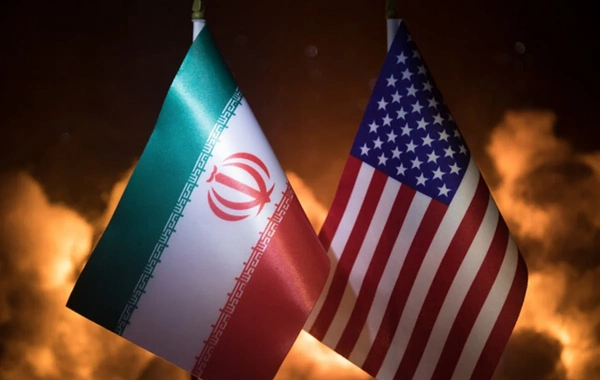How the escalation in the Middle East may affect Azerbaijan's economy?

The Israel-Iran conflict threatens stability in the oil market. Black gold quotations are rising due to risks of a possible blockade of the key transport artery of global energy - the Strait of Hormuz. Prices are also being fueled by the possibility of reduced oil production in Iran.
We should start by noting that the effects of the Middle Eastern escalation on Azerbaijan's economy are primarily tied to rising oil prices. According to some estimates, oil prices could sharply increase to $130 per barrel if Iran follows through on threats to close the Strait of Hormuz - a strategically important route for global energy supplies. This corridor accounts for 20% of global oil and 80% of exports from Iran, Saudi Arabia, and the UAE. Analysts warn that even a temporary blockage of this route would cause market shock and lead to higher oil prices. This is reported by the newspaper "Caspian".
Oil will be in the plus
Energy-exporting countries, such as Azerbaijan, may see short-term benefits. But if tensions in the region increase, our country's main export resource will continue to rise in price. This will certainly boost Azerbaijan's key macroeconomic indicators. Experts expect growth in the country's foreign currency revenues and acceleration of economic growth.
Prices will potentially rise, especially if the flaring conflict becomes prolonged. Already, the downward trend in hydrocarbon prices has quite sharply changed to "bullish" trends. Futures for benchmark Brent crude on the London Intercontinental Exchange jumped to $77 per barrel. The price of Azerbaijan's Azeri Light brand on the world market reached $80. Investors fear that further escalation of tensions in the region will disrupt the balance and lead to supply disruptions. After all, if Iran stops oil production and supplies, OPEC+ will face difficulties in compensating for these volumes.
The liquefied natural gas market is also under threat, according to economist Eldaniz Amirov:
- Up to 18-20 million tons of oil are transported through the Strait of Hormuz annually, as well as all LNG exports from Qatar and the United Arab Emirates. These volumes equal one-fifth of all global trade in liquefied gas. In addition to increasing oil prices, this situation will result in rising global prices. According to the International Monetary Fund, a 10 percent increase in oil prices accelerates consumer market prices in developed countries by 0.4%. The situation in the region leads to increased risks and transportation costs, especially in the case of sea route blockades. After all, the Strait of Hormuz is important not only for energy transportation.
It is also a key transport artery for container cargo, including household appliances and consumer goods. Military actions increase risks for vessels, which can lead to higher insurance premiums, more expensive freight, and, consequently, rising prices for energy and other goods for end consumers. Overall, according to specialists from the English financial conglomerate Barclays and the strategic consulting division of the global organization Ernst&Young, such a scenario could lead to a global recession.
The rise in oil prices will result in growth not only in fuel costs but also in food, transportation, and production costs.
War will affect trade
Besides the effect of expensive oil, the Middle East conflict may affect bilateral foreign trade positions. Last year, trade between the countries amounted to $647 million, with $633 million accounting
Similar News
Ilham Aliyev met with Elliott Brandt in Washington
President of Azerbaijan Ilham Aliyev is on a working visit to the United States of America at the invitation of US President Donald Trump to participate in the...




 Azərbaycanca
Azərbaycanca  По-русски
По-русски  English
English 





